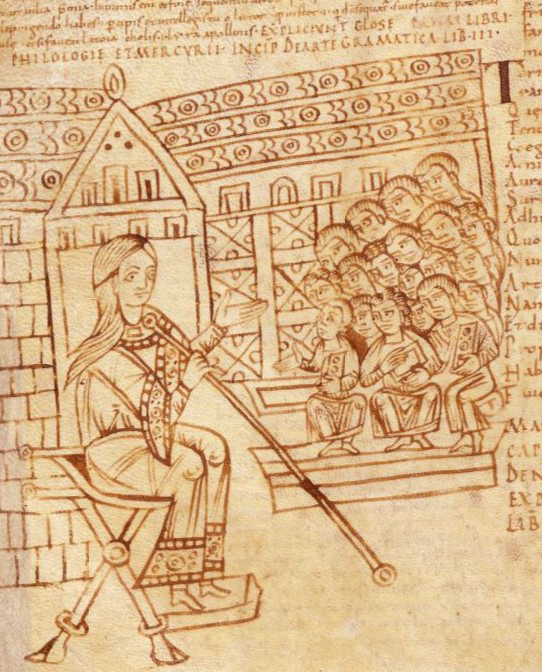
Seminar: “A New Interpretative Approach to Tenth- and Eleventh-Century Anglo-Latin Literature”
Tristan Major (LMS Candidate, PIMS)
Tenth- and eleventh-century Anglo-Latin is often categorized as “hermeneutic,” and described as extremely difficult due to its use of long complex sentence structure and obscure vocabulary that consists of archaisms and grecisms. Despite the fact that similar Latin styles can be found earlier in late antique literature, as well as in some Carolingian texts, the term “hermeneutic” is used almost exclusively for Latin texts composed in England before the Norman Conquest. Such categorizing, however, has problems. It is not precise enough to make valid observations for the texts of the period; it does not well explain the Latin written by continental authors while sojourning in England; and it obscures the high degree of influence from ninth- to eleventh-century continental literature. This seminar will discuss these problems and also offer a new framework for interpreting tenth- and eleventh-century Anglo-Latin that aims to avoid 1) over-generalization in formal description; 2) unhelpful binary categorizing that favours homogeneity over what is a diverse group of individual texts of different styles; and 3) the assumption that the seventh- and eighth-century Anglo-Latin author, Aldhelm, is the main literary model for these later writers. This seminar will encourage greater contextualization for understanding the stylistic choices behind a text. With this theoretical approach, the seminar will then argue that authors of this period partly found literary impetus in Carolingian curricula that produced extensive commentaries on Martianus Capella, among others. Guiding by these curriculum texts, Anglo-Latin authors reveal more of a “European” monastic desire to produce eloquent literature that is not only capable of facilitating rumination on religious matters, but also occasionally for describing ornately made artifices. In turn, they allow the reader to observe aesthetic qualities that arise out of the relationship between word and creation, both of God and human authors.
Image: Paris, Bibliothèque nationale de France, MS lat. 1700A, fol. 127: Martianus Capella, De nuptiis Philologiae et Mercurii, with commentary by Remigius


